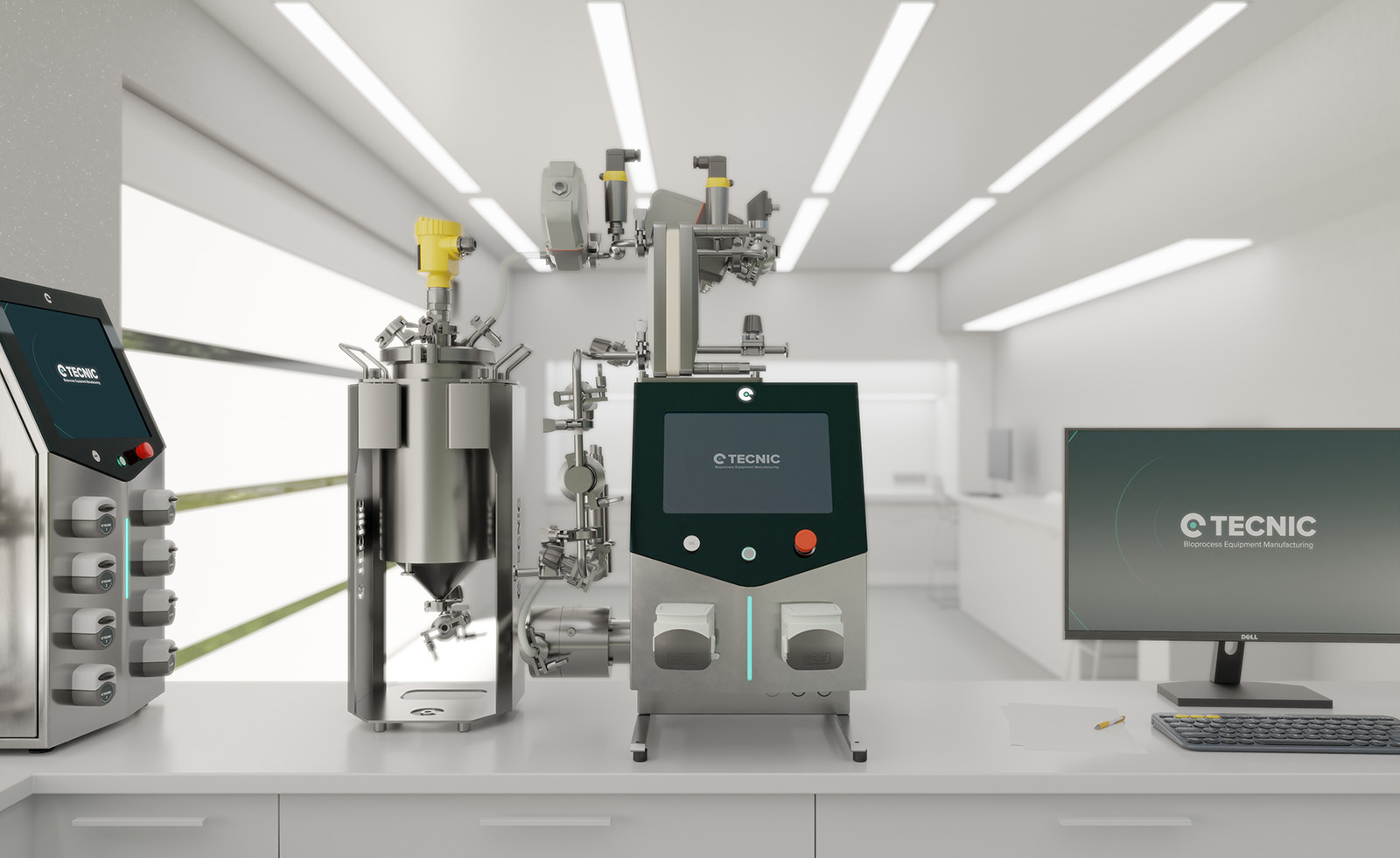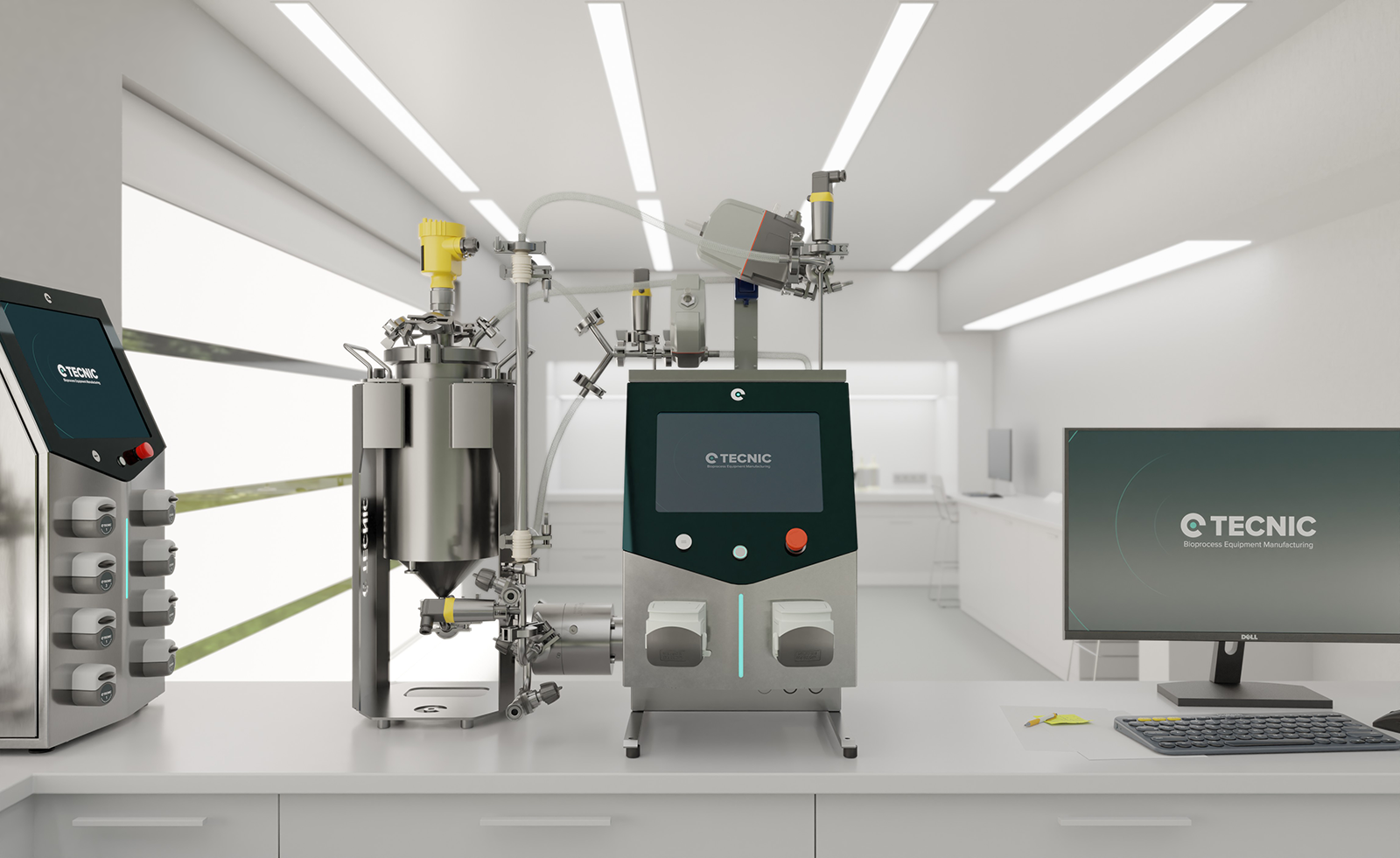Genetically modified foods have been the subject of debate since their emergence in the 1990s. As technology advances, so do the doubts and concerns of the general public. In this TECNIC post, we will address the most common myths about GM foods and explore the realities backed by science.
What are genetically modified foods?
Genetically modified foods are foods that have been genetically modified to incorporate characteristics of other organisms. This modification is done to improve aspects such as pest resistance, nutritional value or tolerance to adverse climatic conditions.
Genetically modified foods are dangerous to health?
Numerous scientific studies have evaluated the safety of genetically modified foods. International organisations such as the World Health Organisation (WHO) and the European Food Safety Agency (EFSA) have concluded that genetically modified foods currently on the market are as safe as their conventional counterparts.
The evaluation processes include toxicological, nutritional and allergenic tests. To date, approved genetically modified foods have not been shown to cause adverse effects on human health.

These genetically modified plums, known as C5, have a gene that provides them with strong resistance to the plum pox virus.
Genetically modified foods cause allergies and diseases?
Before a genetically modified food reaches the market, it undergoes rigorous testing for potential allergens. If an introduced protein is identified as likely to cause allergies, the product is not approved.
In addition, there is no scientific evidence linking genetically modified foods to diseases such as cancer. Long-term studies have found no correlation between GM food consumption and the development of chronic diseases.
GM foods harm the environment?
GM agriculture can have positive impacts on the environment. For example, pest-resistant crops reduce the need for chemical pesticides, reducing soil and water pollution.
However, it is important to properly manage these crops to avoid problems such as pest resistance or gene transfer to wild plants. Responsible agricultural practices and strict regulations are essential to minimise environmental risks.
Transgenics only benefit large corporations?
While it is true that large corporations invest in agricultural biotechnology, the benefits of GM crops also reach farmers and consumers. Farmers can obtain higher yields and lower costs, while consumers can access more nutritious food at lower prices.
In addition, in developing countries, GM crops can contribute to food security by being better adapted to difficult conditions and improving the nutritional value of staple foods.
Genetically modified foods are adequately regulated?
GM foods are subject to strict regulations at international and national levels. Agencies such as the European Food Safety Authority (EFSA) and the US Food and Drug Administration (FDA) thoroughly evaluate each product prior to approval.
These evaluations include analyses of food safety, environmental impact and labelling, ensuring that consumers have access to transparent information about the products they consume.
Conclusions
Genetically modified foods represent a valuable tool in modern agriculture, with the potential to address challenges such as population growth and climate change. While it is normal to have doubts, it is important to base our opinions on scientific information and reliable sources.
Agricultural biotechnology will continue to evolve, and with it, our responsibility to inform ourselves and engage in constructive discussions about its role in our society.
Information sources
The National Academies of Sciences, Engineering, and Medicine. (s.f.). Genetically Engineered Crops: Experiences and Prospects.
Taylor & Francis Online. (s.f.). Biotechnological Applications of Microbial (De)Nitrosylation in Nitric Oxide Signaling.
PubMed. (s.f.). Impact of genetically engineered crops on farm sustainability in the United States.
Oxford Academic. (s.f.). Genetically engineered animals and public health: Compelling benefits for health care, nutrition, the environment, and animal welfare.
PubMed Central. (s.f.). Benefits and risks of genetic modification in agriculture.
Frequently Asked Questions (FAQ)
Transgenic foods are foods that have been genetically modified to introduce characteristics of other organisms, such as pest resistance or improved nutritional value.
Yes, GM foods on the market have undergone rigorous scientific studies and have been approved by organizations such as the World Health Organization (WHO).
Before a GM food is approved, it is tested for possible allergens. If a risk is identified, the food is not authorized. Currently, there is no scientific evidence linking the consumption of GMOs with diseases such as cancer.
GMOs can have environmental benefits, such as reducing the use of pesticides. However, their cultivation must be properly managed to avoid problems such as pest resistance or genetic contamination in wild species.
Yes, GM foods are subject to strict regulations by international and national bodies. Each product is thoroughly evaluated prior to commercialization to ensure safety for consumers.










